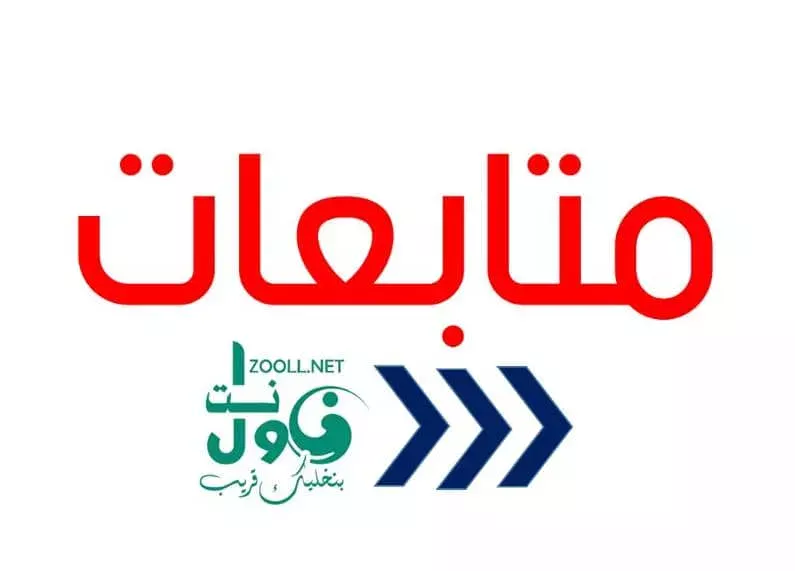Customs Exemptions and Cash Payments from Finance for Humanitarian Aid

The Ministry of Finance and Economic Planning revealed the amount of humanitarian aid expenditure for the benefit of war-affected citizens, as the disbursements included: customs exemptions, direct cash payment, in-kind support and allocation of an amount for assistance. from external financing.
The volume of customs exemptions granted by the ministry within the framework of spending on humanitarian aid for the benefit of citizens since the start of the war on April 15 last year until August this year amounted to no less of 300 million dollars. According to the ministry's financial reports, the above amount includes Seaports Authority fees, customs, specifications and standards, health quarantine, agricultural quarantine and National Drugs and Poisons Board fees. While the ministry's total direct cash payments for humanitarian aid during the same period amounted to approximately 34.628 billion pounds, which were disbursed to cover the costs of humanitarian aid until that it reaches eligible war-affected citizens in all states. cost of deportation from Port Sudan to accommodation centers in various states and securing the delivery of humanitarian aid. Support and assist states in providing basic services to displaced people, pay logistics costs to the Federal Ministry of Health in five states, pay the cost of eviction. unloading, storing and milling 27 thousand tons of wheat from the King Salman Center for the benefit of citizens in state accommodation centers, and purchasing humanitarian aid for Sudanese refugees in neighboring countries, the ministry having now started coordination with the humanitarian sector. Humanitarian Aid Commission to provide aid to Sudanese in the countries of Chad and Ethiopia, while last year saw the procurement of humanitarian aid for Sudanese refugees in Chad under direct payment in cash of the aforementioned 1.3 trillion pounds. In addition to the above, the ministry provided in-kind support to citizens in the form of food grains, and an amount of 470 billion pounds was spent on purchasing wheat and corn for displaced people in some states, in more than spending £75 billion to supply corn via the strategic reserve. Reports on external financial assistance indicate that the Ministry of Finance has allocated $230 million from funding available through the World Bank and $176 million from the African Development Bank for humanitarian assistance to benefit citizens, which helps to mitigate the effects of war and its repercussions. on their means of subsistence.
Despite the scarcity of resources and the weakness of revenues in the face of increasing expenditures to manage the workforce and support the war effort, the Ministry of Finance and Economic Planning – based on documented reports – continued to fill fully its duty towards the citizen. pension and ensure the arrival of humanitarian aid and direct aid to targeted people in state accommodation centers and strive to deliver it to neighboring countries.
It should be noted that the Ministry of Finance has no connection with the receipt or distribution of humanitarian aid materials. Its role is limited only to the disbursement and expenses related to the aid from its arrival at the port until it reaches its beneficiaries.






